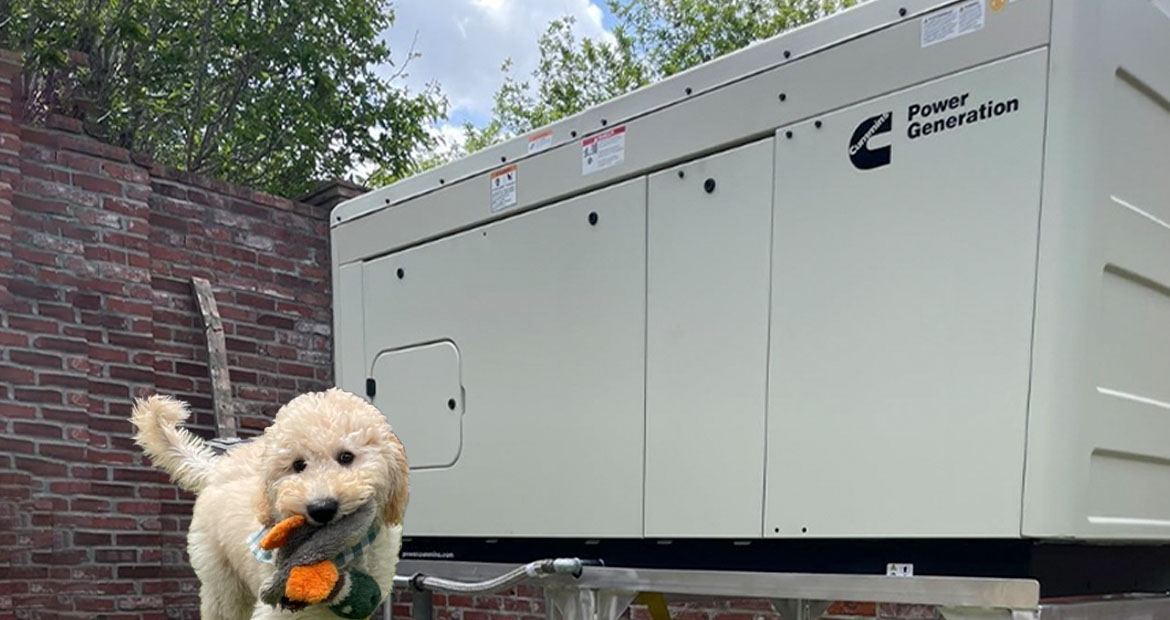Having backup power for your home can keep you safe and comfortable in the event of an outage. But there are many factors to consider before you buy a generator.
The first step is to determine how much power you’ll need during an outage. Start by checking the manufacturer’s information on each appliance to find out its wattage.
Safety
When a storm shuts down the electricity grid, a backup generator is a lifeline. It can power essential appliances, lighting, and other home needs until the power is restored.
But a portable or standby generator can also create electrical hazards if not used correctly. The National Electrical Safety Code requires that a transfer switch be installed to disconnect a generator from the utility grid.
Another common safety hazard is the use of homemade extension cords that connect a portable generator directly to a wall outlet. This bypasses the built-in household circuit protection devices.
Additionally, using a generator indoors can expose you to carbon monoxide poisoning, a deadly gas that you won’t be able to see or smell. It is especially dangerous if you run a generator near open doors and windows.
Reliability
A backup generator can help you keep critical business systems running, even in the face of an unexpected power outage. It starts up automatically, delivers power to your home or business, and shuts itself off once the power returns.
Reliability is a measure of how repeatable an outcome is. For example, a medical thermometer is reliable because it always measures the right temperature each time it is used.
In testing and research, reliability is measured using test-retest or split-half reliability. For example, if you administer a psychological concept exam to college students and split it in half, giving half of them the first set of questions and the other half the second set, you can see if they scored consistently.
Reliability can also be assessed using inter-rater reliability, which involves assessing how a group of observers rate the same situation from different perspectives. For example, if you assess how many acts of aggression a child committed while playing with a Bobo doll, multiple observers should be highly correlated with the results.
Efficiency
There’s no denying that power outages are on the rise, and the cause is a combination of increasingly violent weather and aging infrastructure. From hurricanes and ice storms to grid outages, the frequency and severity of power outages is escalating, and the need for backup generators is more than ever before.
Whether you’re running a small business or an entire community, a Buy Backup Generator ensures your operations stay up and running, even in the face of a power outage. These systems will automatically detect a loss of main power and fire up to deliver power to critical equipment within seconds, so you can keep your business running and employees safe indoors.
The type of generator you choose will depend on your specific needs and requirements, so it’s important to do your research before deciding. For example, if you’re planning to connect a solar power system to your Buy Backup Generator, it’s important to consider what types of solar panels are best for your application.
Cost
Power outages can disrupt your life for days or even weeks. Having a backup generator is essential to keeping your home comfortable.
Adding a generator can cost anywhere from $500 to more than $5,000, depending on your needs. You should factor in labor costs, prep work, electrical wiring, and other materials.
You also have to consider fuel. Most portable generators use propane or natural gas to produce electricity.
The cost of fuel depends on the price and availability in your area. Keep in mind that the larger the fuel tank, the longer you can run it between refills.
Most generators have a meter to alert you when the oil is low. Be sure to perform regular oil changes.





